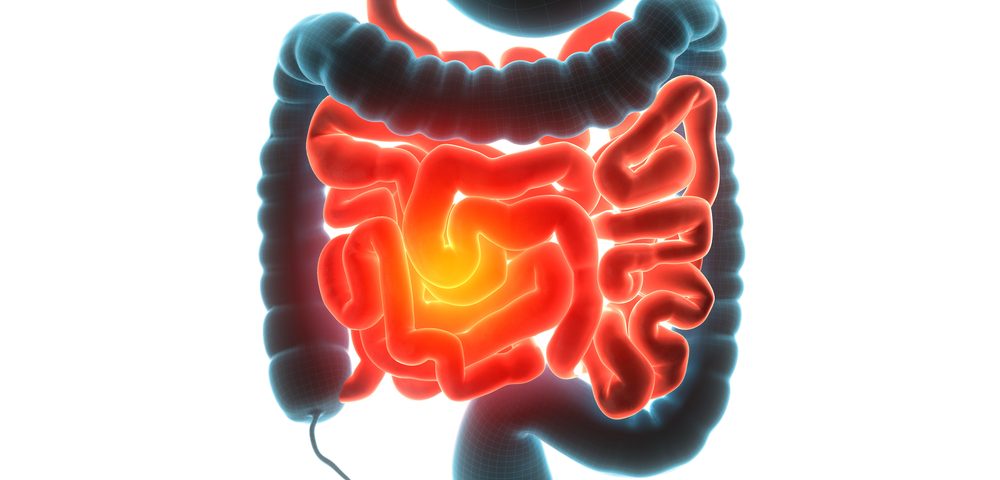Researchers identified a novel cellular mechanism responsible for increasing inflammation in the colon (large intestine), a common feature triggering Crohn’s disease, ulcerative colitis, even colon cancer.
The study, “Itch inhibits IL-17-mediated colon inflammation and tumorigenesis by ROR-γt ubiquitination,” was recently published in the journal Nature Immunology, and identified novel players for future targeted therapeutics in inflammatory bowel diseases (IBDs) and colon cancer.
Researchers at Baylor Institute for Immunology Research, part of Baylor Scott & White Research Institute, investigated the role of an ubiquitin ligase protein, referred to as Itch, in inflamed colons.
While inflammation is a natural response to halt microbial infection and tissue injury, when uncontrolled it can bring on the opposite effect and damage the colon tissue. This is a major risk factor for the development and growth of colon cancer.
Previous studies showed that dysregulated secretion of a pro-inflammatory interleukin — interleukins are a subset of a larger group of cellular messenger molecules called cytokines, which mediate important responses in cells — called interleukin 17 (IL-17), by cells within the colon is associated with colon inflammation and cancer. However, the cell-intrinsic molecular mechanisms regulating IL-17 remained unknown.
“We found that deficiency in the Itch protein led to spontaneous colitis and increased susceptibility to colon cancer. Our biochemical analysis revealed that Itch targets ROR-gt (a protein that induces IL-17 expression) for degradation, which reduces intestinal inflammation and inhibits colon cancer growth,” said Dr. Venuprasad Poojary, PhD, an associate investigator at the Baylor Institute for Immunology Research and the study’s lead author, in a press release, adding they discovered a novel regulatory mechanism that inhibits colon inflammation and carcinogenesis.
Supporting the study’s findings, patients with stage 1/2 colon cancer who have high levels of IL-17 are known to have fewer chances for disease-free survival.
In conclusion, the research team found a previously unknown role for Itch in regulating IL-17-mediated colonic inflammation and carcinogenesis. The new findings may lead to novel therapies targeting specific components of the newly discovered mechanism, and eventually increase the survival rate in patients with colon cancer and patients with IBDs, such as Crohn’s disease and ulcerative colitis.

